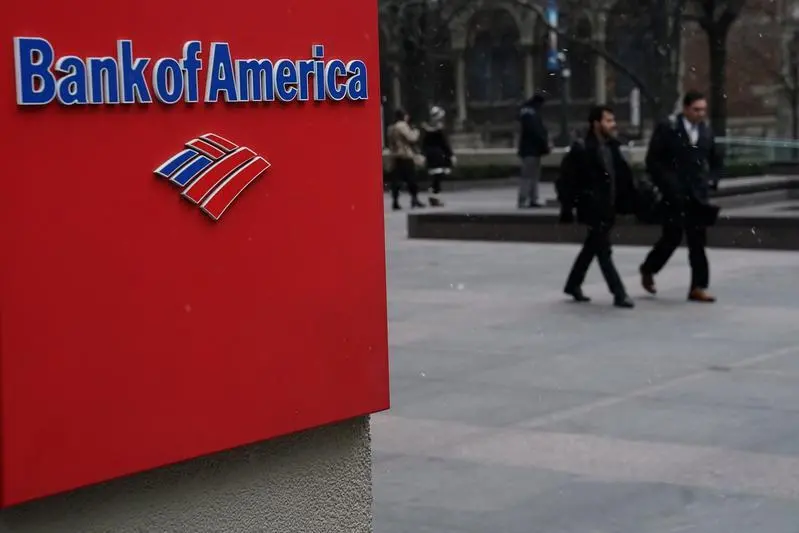PHOTO
(The author is a Reuters Breakingviews columnist. The opinions expressed are her own.)
LONDON - It seems to take a lot of money to generate even a little bit of inflation. Around $20 trillion worth of global stimulus measures have been unveiled so far this year on Bank of America’s calculations. That’s more than a fifth of last year’s world economic output. Yet investors are not exactly quaking.
Take the so-called five-year/five-year forward, which predicts inflation rates in the second half of the following decade. In the euro zone, this gauge is up an impressive three-quarters from an ultra-low 0.72% in March. But at 1.25%, it is still lower than in January, and significantly below European Central Bank boss Christine Lagarde’s target of just under 2%.
In the United States, monetary and fiscal stimulus measures amount to nearly 30% of GDP, on Bank of America’s numbers. There the U.S. five-year/five-year forward has rebounded to 1.93%, from March’s low of 1.20%. However, that’s still lower than it was for most of the four years to end-2019 and below the Federal Reserve’s 2% target.
If Milton Friedman was anywhere near right about inflation, then the markets are dead wrong. The Nobel Prize-winning economist was sure that more money makes for higher inflation. Monetarists of his school make a big deal about the M2 measure of money supply, which includes cash in circulation and deposits that are fairly accessible. In June, euro zone annual M2 growth accelerated to 9.2%, the fastest pace since 2008. The comparable U.S. measure is growing at a stunning 23%.
Of course, Friedman might well be completely wrong. Certainly, inflation won’t take off, no matter how much money there is, if people and companies won’t spend. For now, Covid-19 is cutting into investment, production and confidence.
It is not just money that has not spurred inflation. Years of falling unemployment didn’t translate into higher wage growth in developed countries. The effects of years of monetary stimulus in Japan and the euro zone have been negligible.
This time could certainly be different. Financial markets often get things badly wrong. But the current inflation market probably reflects what is known pretty well: that the causes of inflation are currently something of a mystery.
(The author is a Reuters Breakingviews columnist. The opinions expressed are her own.)
(Editing by Edward Hadas and Oliver Taslic. Graphic by Vincent Flasseur.) ((swaha.pattanaik@thomsonreuters.com; Reuters Messaging: swaha.pattanaik.thomsonreuters.com@reuters.net))





















